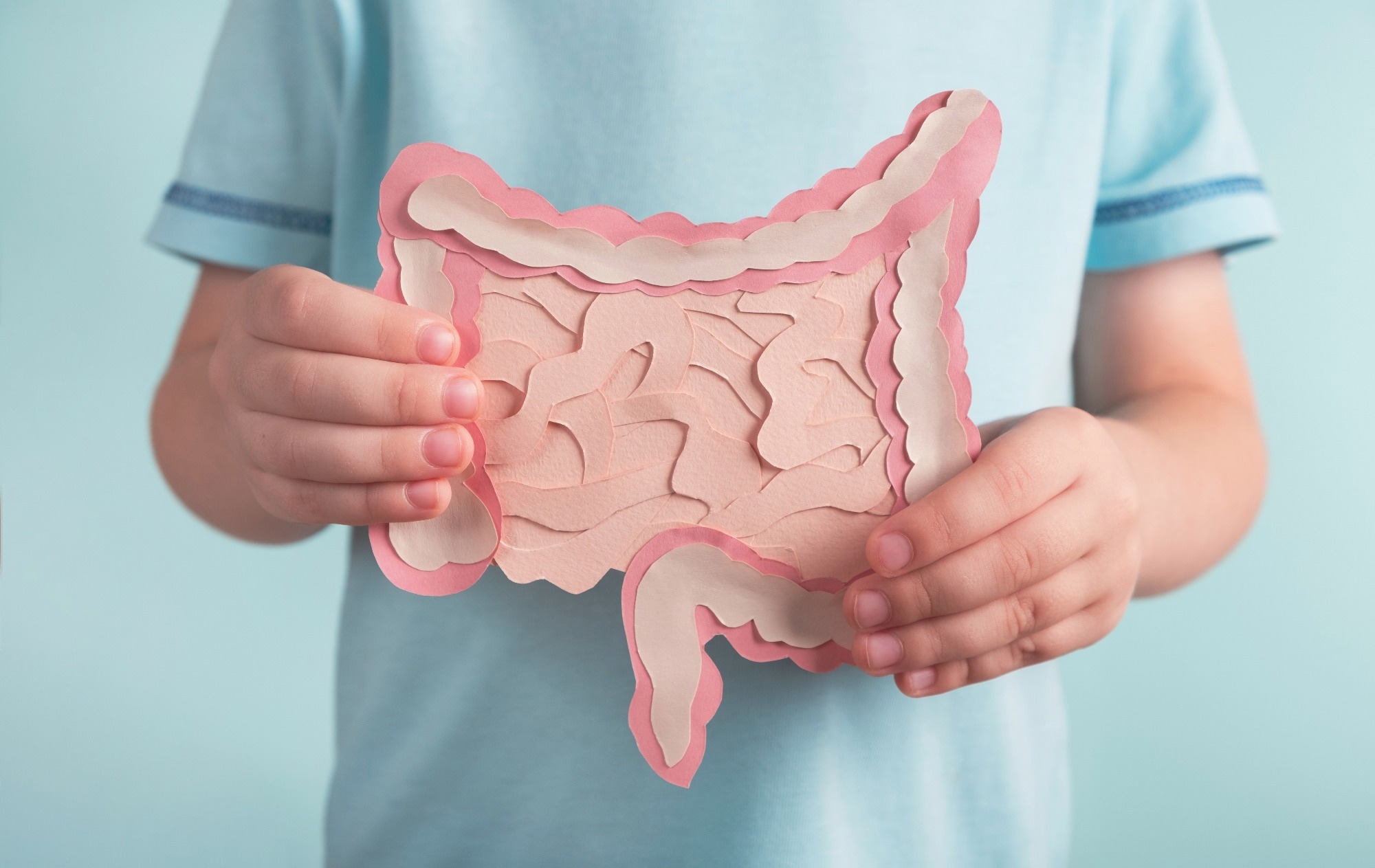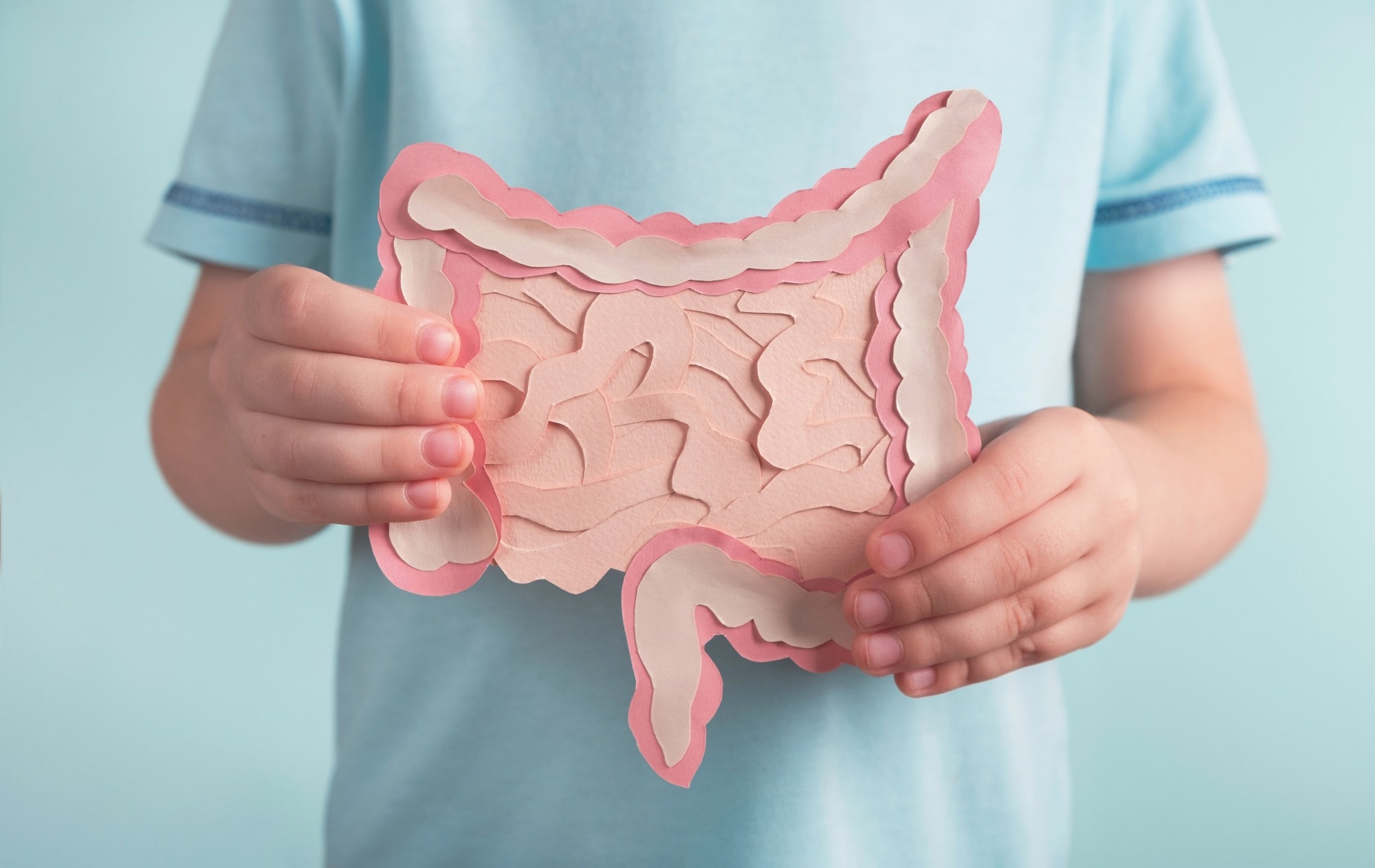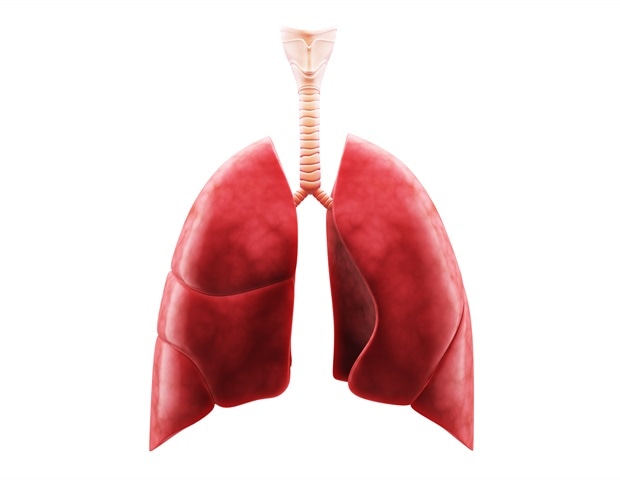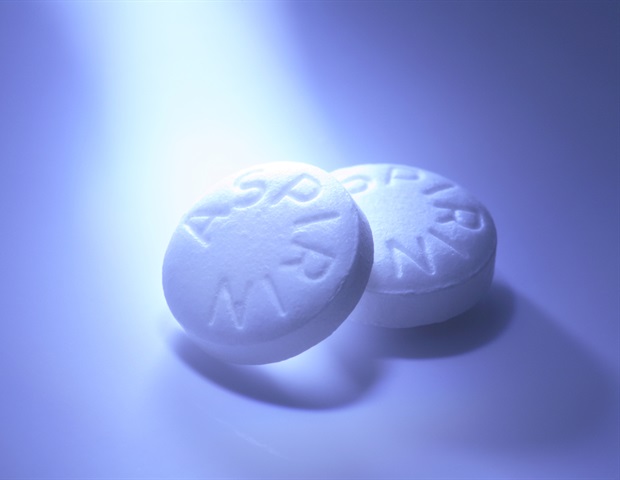In a recent study published in the journal Microorganisms, researchers examined mother-infant dyads in the Democratic Republic of Congo (DRC) to determine the impact of the psychosocial stress experienced by the mother on the gut microbiome of the infant.
 Study: Maternal Psychosocial Stress Is Associated with Reduced Diversity in the Early Infant Gut Microbiome. Image Credit: HelenaNechaeva/Shutterstock.com
Study: Maternal Psychosocial Stress Is Associated with Reduced Diversity in the Early Infant Gut Microbiome. Image Credit: HelenaNechaeva/Shutterstock.com
Background
Although the assembly and role of the gut microbiome in human health have been the focus of many recent studies, all the processes that govern the establishment of the gut microbiome remain unclear.
In infants, successfully assembling a healthy gut microbiome is essential for properly developing the immune system, central nervous system, and gut function.
The infant’s gut microbiome during the initial 36 months evolves rapidly with a high strain turnover rate, which is linked to the change from breast milk to a solid food diet.
The diversity and composition of the infant’s gut microbiome during the initial six months of development are highly sensitive to environmental factors such as preterm birth, mode of delivery, and infection.
Studies in adults have shown that the gut microbiome is also connected with psychosocial stress and depression. However, the impact of maternal psychosocial stress on the infant’s gut microbiome during the initial six months after birth remains poorly understood.
About the study
In the present study, the researchers recruited mothers from Goma, DRC, who had singletons through uncomplicated vaginal delivery, had no medical conditions or infections, and were willing to bring their babies to the hospital for regular follow-ups. Informed consent was obtained after the study was explained to the participants in Congolese Swahili.
The mothers’ medical histories and data on demographic factors, household conditions, trauma, maternal stress, and mental health were collected through surveys and semi-structured interviews.
The questionnaire addressed areas related to violence, pregnancy, general and sexual trauma, post-traumatic stress disorder, perceived stress, postnatal depression, and anxiety.
Fecal samples were obtained from the infant during follow-ups at six weeks, three, and six months. The deoxyribonucleic acid (DNA) was extracted from the fecal samples and further processed to amplify the 16S ribosomal ribonucleic acid (rRNA) gene.
The microbial alpha and beta diversities were calculated, and the maternal age, body mass index (BMI), weight and height, and the infant’s weight, length, and sex were used to compare the infants in groups based on low- and high-stress mothers. The differential abundance of microbial species was also examined in infant groups based on low and high-stress mothers.
Results
The results reported that the beta diversity of the gut microbiome of infants belonging to mothers with high-stress scores was lower at three and six months, while the alpha diversity was higher at six months compared to that of infants belonging to mothers who had low-stress scores.
Longitudinal analysis of the microbial diversity of the infant’s gut microbiome showed that at six weeks, the infants from high-stress mothers had a lower abundance of probiotic and healthy bacteria such as Bifidobacterium pseudocatenulatum and Lactobacillus gasseri in their gut than infants belonging to mothers with low-stress levels. However, these differences were not apparent at three and six months.
While L. gasseri reduces stress, fatigue, and inflammation, B. pseudocatenulatum modulates the gut-brain axis and prevents mood disorders.
High-stress levels in the mother were also associated with dysbiosis involving pathogenic bacteria such as Veillonella dispar and Megasphaera micronuciformis in the initial six months of the infant’s development.
Conclusions
To summarize, the researchers analyzed the association between maternal stress levels and the diversity and composition of the infant’s gut microbiome in the initial six months of infant development to examine how maternal stress impacts the infant’s health.
Overall, the results indicated that high psychosocial stress in the mothers decreases the abundance of healthy, probiotic bacteria such as B. pseudocatenulatum and L. gasseri. These bacteria play important roles in modulating inflammation, mood disorders, and the gut-brain axis during early development and growth, increasing the relative abundance of pathogenic bacteria.
These findings indicated that maternal stress impacts the infant’s health and development through changes in the infant’s gut microbiome.






_6e98296023b34dfabc133638c1ef5d32-620x480.jpg)








